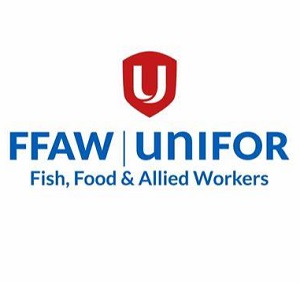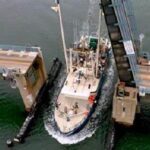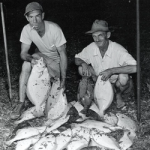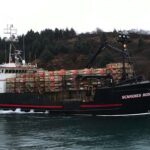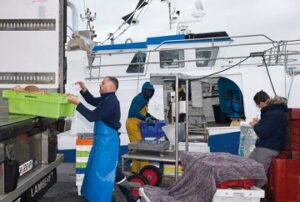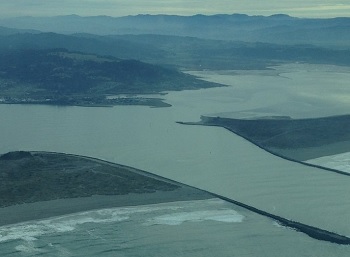Daily Archives: May 19, 2023
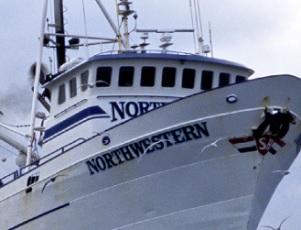
Why A Deadliest Catch Deckhand Is Suing Sig Hansen’s Company
A deckhand working on the fishing vessel Northwestern, which frequently appears on the Discovery hit “Deadliest Catch,” has filed a personal injury lawsuit against the ship’s owners. Alaska Public Media reports that deckhand Nick Mavar Jr. filed a civil suit against Hansen Enterprises, Inc. in December 2022 in Washington State’s King County Superior Court. In the brief, as quoted by Alaska Public Media, Mavar Jr. explains that during a December 2020 voyage with the show’s crew aboard the boat, Mavar Jr. began to experience worsening abdominal pain while working. He claims that he was not given adequate medical treatment in time, resulting in his appendix bursting before he was airlifted to a local hospital for treatment. It was later discovered that there was a cancerous tumor within the ruptured organ. Hansen Enterprise’s legal issues don’t end there. In the wake of Nick Mavar Jr.’s suit, Hansen Enterprises Inc. filed a civil lawsuit against Original Productions Inc and Trifecta Solutions LLC >click to read< 19:40
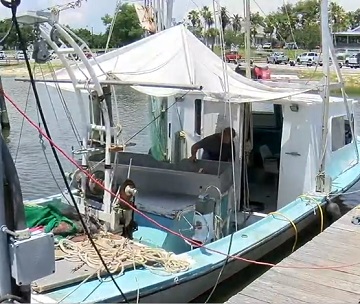
Pass Christian grants temporary relief for struggling seafood industry
This week, the Board of Aldermen voted not to raise the long-term lease payments for the harbor’s commercial fisherman this year, which are contracted to increase by 4% every June. “This few hundred extra dollars will just help offset something,” Harbor Master Russell Holliman said. While shrimp may be fleeting, dealers also said they have not had an oyster season in more than five years. For Darlene Kimball, her tool to unload them has been immobile and rusting as she fights to keep Kimball Seafood afloat after nearly a century in business. Fisherman Gerald Pavolini said the industry he has known for about 40 years is now headed in one direction, and it’s not up. “The fuel prices went up. The shrimp went down, the prices,” he said. “We’ll make it, someway, somehow, I guess.” With a new shrimp season starting on Monday, fishermen will soon set sail with great hope. Video, >click to read< 15:04
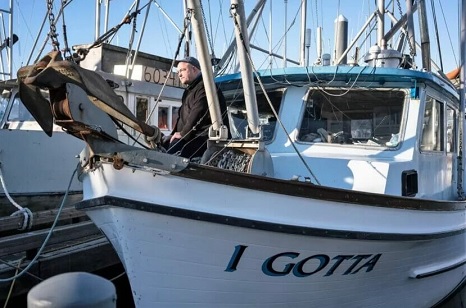
3 Alaska trollers contemplate a summer without chinook
Barring a stay, or a successful appeal, or other eleventh-hour legal action, there will be no troll fishery for king salmon in Southeast Alaska either this summer or winter. The fisheries have been canceled by order of the U.S. District Court of Western Washington on largely procedural grounds. According to the ruling they stem from a violation of the Endangered Species Act, and the failure of the National Marine Fisheries Service to fully address the impact of Alaska’s king salmon trollers on an endangered population of orcas in Puget Sound called Southern Resident killer whales. No other salmon species or commercial gear group or sport fishery anywhere on the entire Pacific Northwest coast is affected by the order, just commercial trolling for king salmon in Southeast Alaska. photos, >click to read/listen< 13:39
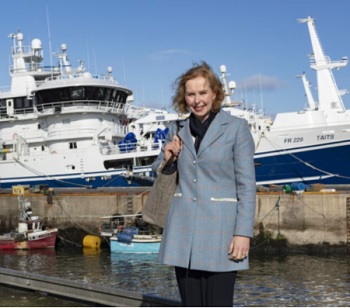
Minister must stop and rethink on HPMAs, says fisheries leader
In remarks at the opening of the Scottish Skipper Expo at the P&J Live in Aberdeen, the sector’s biggest annual showcase, Elspeth Macdonald, chief executive of the Scottish Fishermen’s Federation, said ministers had failed to make the case for Highly Protected Marine Areas (HPMAs). She told Cabinet Secretary for Rural Affairs Mairi Gougeon, who attended the event: “I’m sorry to say that our recent experience in engaging with the government on HPMAs has been far from meaningful. We all need to work to protect nature and we all need to act to help tackle climate change. But this is not the way to do it. I absolutely know I am not alone in calling for the government to stop and rethink these proposals, which are causing great concern and anxiety all around Scotland’s coast. >click to read< 11:16
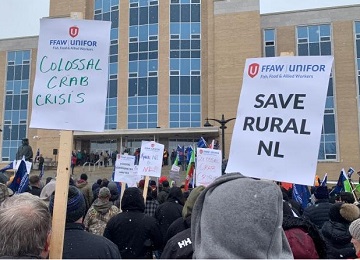
Crab fishery stalemate creating fear and uncertainty in Newfoundland fishing towns
The days of mounting fear and unease in Humber Arm South, N.L., feel like 1992, when the federal government ended the province’s cod fishery after stocks had collapsed, said Humber-Shears, the town’s mayor. “I was a teenager during that time, but it’s just that eerie kind of feeling. It’s an eerie silence,” she said. “People are really starting to fret over, ‘Where am I going to go to find work? How am I going to feed my family? How am I going to pay my mortgage?”‘ Crab fishers in Newfoundland and Labrador are refusing to fish after prices were set in early April at $2.20 a pound, a sharp drop from last year’s opening price of $7.60 a pound. The fishers say it’s not enough to make a living, and so far they haven’t budged. >click to read< 10:03
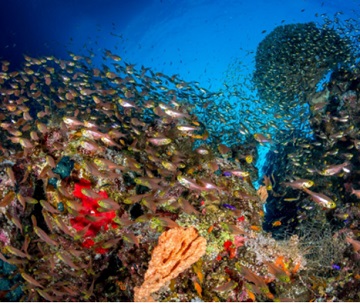
New use for A.I.: correctly estimating fish stocks
For the first time, a newly published artificial intelligence (AI) algorithm is allowing researchers to quickly and accurately estimate coastal fish stocks without ever entering the water. This breakthrough could save millions of dollars in annual research and monitoring costs while bringing data access to least-developed countries about the sustainability of their fish stocks. Understanding “fish stocks” – the amount of living fish found in an area’s waters – is critical to understanding the health of our oceans. This is especially true in coastal areas where 90 percent of people working in the fisheries industry live and work. In the wealthiest countries, millions of dollars are spent each year on “stock assessments” – expensive and labor-intensive efforts to get people and boats out into the water to count fish and calculate stocks. >click to read< 09:10

New London: Does Orsted/Eversource charter of NL fishing boats violate city lease?
Many fishermen resent the interference in the waters they regularly use and suggest still-unknown harm will be done to undersea environments and marine life. But I didn’t realize until recently that wind partners Orsted and Eversource actually have a fishing fleet strategy, chartering some fishing boats to “scout” for their wind turbine work in offshore fishing waters. One fisherman I met recently, Rob Morsch, claims the big utilities are driving a wedge between fishermen by “buying off” some of them with thousands of dollars in daily charter fees. Morsch raises the interesting point that the mooring of the boats being used for offshore wind, he calls them “windmill boats”, is a violation of the city’s intent, with its low-cost rent, to have a fishing fleet based there. >click to read< 08:10






